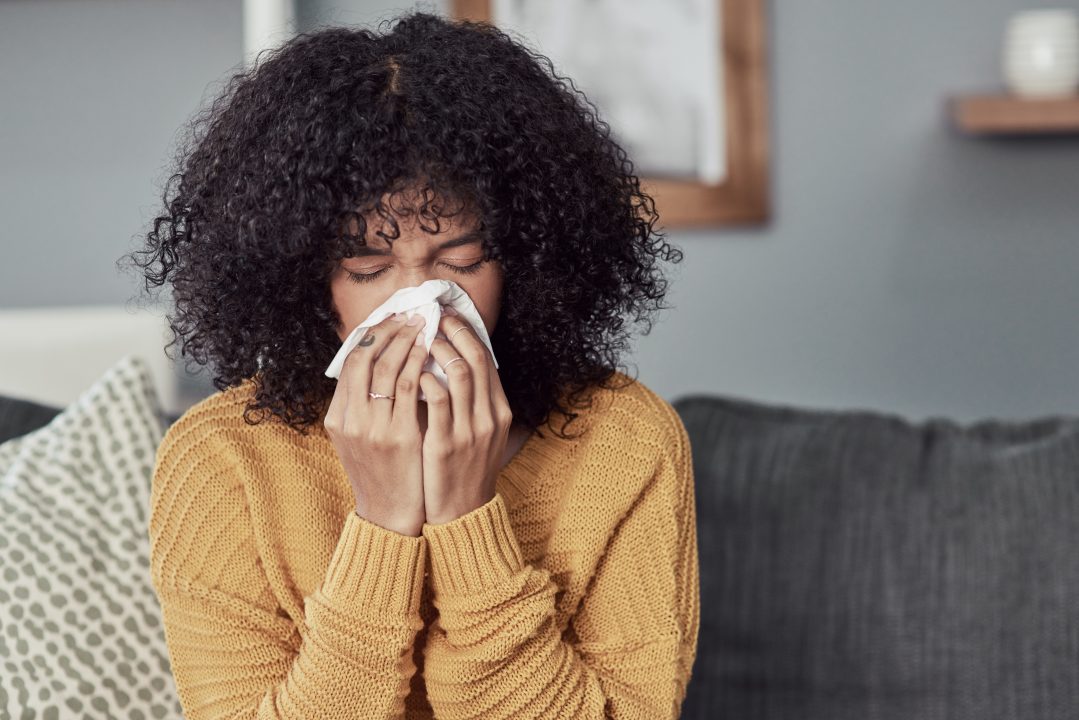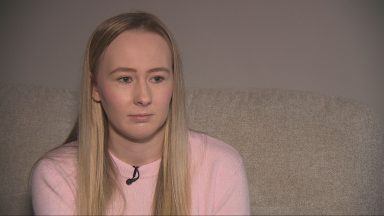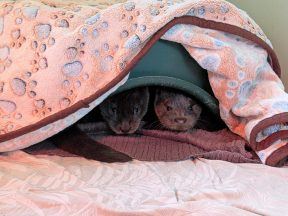As the combination of sunshine and rain propels plant growth, Scotland is experiencing a surge in pollen levels.
It means sneezing, runny or blocked nose, itchy watery eyes and even headaches for hay fever sufferers.
Hay fever is an allergic reaction to certain types of pollen and the more that comes into contact with your eyes, nose and throat, the worse your symptoms get.
It can be miserable, especially for asthma sufferers who often get more severe reactions.
Across Scotland, the pollen count is particularly high at the moment – with forecasts offering no hope of respite.
Scientists believe climate change is also influencing the hay fever season to start sooner (late March) and keep going longer (until September).
There are some estimates that climate change will increase season severity by 60%.
Air pollution levels are medium to high across much of the UK meaning air quality is poorer – although it remains low in central parts of the Highlands and the east of Scotland.
The gasses within dirty air can irritate people’s respiratory systems and reduce the threshold start start to experience symptoms.
There’s no cure for hay fever but there are plenty of drugs available to limit the symptoms – including fexofenadine hydrochloride, which was only available to sufferers through prescription until last year.
Other practical steps advised are to stay indoors, shower regularly, ease off the alcohol (which contains histamine) and even smear Vaseline around your nose to act as a pollen trap.
Follow STV News on WhatsApp
Scan the QR code on your mobile device for all the latest news from around the country



























